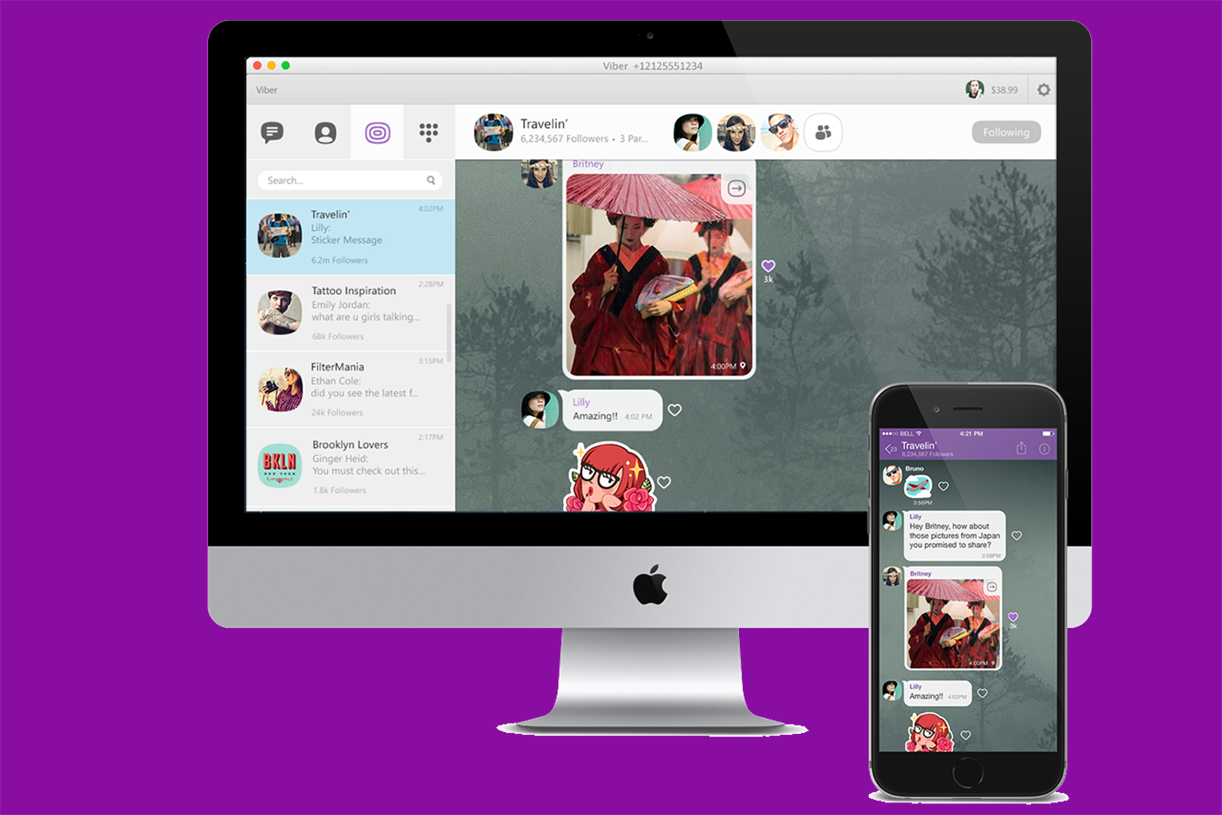
Under his leadership, Viber has pushed its communities chat feature for brands and tried to tap into e-commerce, but little is known of how that has progressed. Current CEO Djamel Agaoua, a seasoned advertising executive, promised to work on the revenue and business model when he took the helm in 2017. The Viber service is popular in pockets of the world, including the Philippines, Myanmar and some Eastern European markets. Each said their desire to work on the Viber platform would diminish further if they were forced to pay for the privilege. TechCrunch spoke to six chatbot startups that develop a range of services for customers, including banks, insurance companies and media, but we found that none run any projects on Viber. WhatsApp - the world’s largest messaging service with more than 1.6 billion monthly active users - doesn’t currently support chatbots, but instead of playing to its strengths, Viber is trying to squeeze additional revenue here under the cloak of “a quality user experience.” Indeed, the strategy seems to be quite the opposite that Viber needs to take if it is to gain market share from the chat app leaders. “Messenger is showing way more traction for us… we didn’t get any significant engagement on Viber.” “Viber encouraged us to build the bot, but never discussed the price and there’s no price in the website documentation,” he said. Having spent eight months developing its Viber bot, Eddy Travels plans to double down on its efforts with Facebook Messenger and Telegram, where its bot-based service runs without charge and has seen multiples more users and engagement. “For an early-stage startup, this isn’t going to work,” Edmundas Balčikonis, co-founder of Eddy Travels - a travel assistant service that’s currently part of the Techstars Toronto program - told TechCrunch by phone.īalčikonis said his startup was attracted to the Viber platform because it provided all the necessary documentation and APIs to build a chatbot upfront and in public.

These costs have come out of the blue, much to the surprise of startups that spent time developing chatbots for the Viber platform. This is a risky strategy that is likely to alienate companies that operate chatbots on Viber, as well as brands that bought into a bot strategy. A key aim with this move is to ensure that users are presented with a steady stream of highly relevant and relatable content and a commercial commitment is one key tool for ensuring a quality experience for users,” Debbi Dougherty, head of B2B Marketing & Communications for Viber, explained.
#Who owns viber for free#
“Bots can be published for free however, to ensure the highest discoverability and quality of content for bots, we will be introducing a commercial commitment in the coming months.

The new fees are being communicated to companies that operate Viber chatbots, but Viber hinted at its new monetization plans in an email to TechCrunch. Those that exceed that range will be eligible to send up to one million messages per month for $6,500. Starting April 1, Viber will charge chatbot operators $4,500 per month for the ability to send up to 500,000 messages to users. The conventional wisdom is to work with content companies to help bring users to messaging platforms and keep them engaged, but Viber, which has struggled to keep up with rivals like WhatsApp and Line, is turning that on its head. Viber, the messaging app owned by Japanese e-commerce firm Rakuten, is poised to implement a controversial new strategy that will see it charge companies that run chatbots on its platform.


 0 kommentar(er)
0 kommentar(er)
